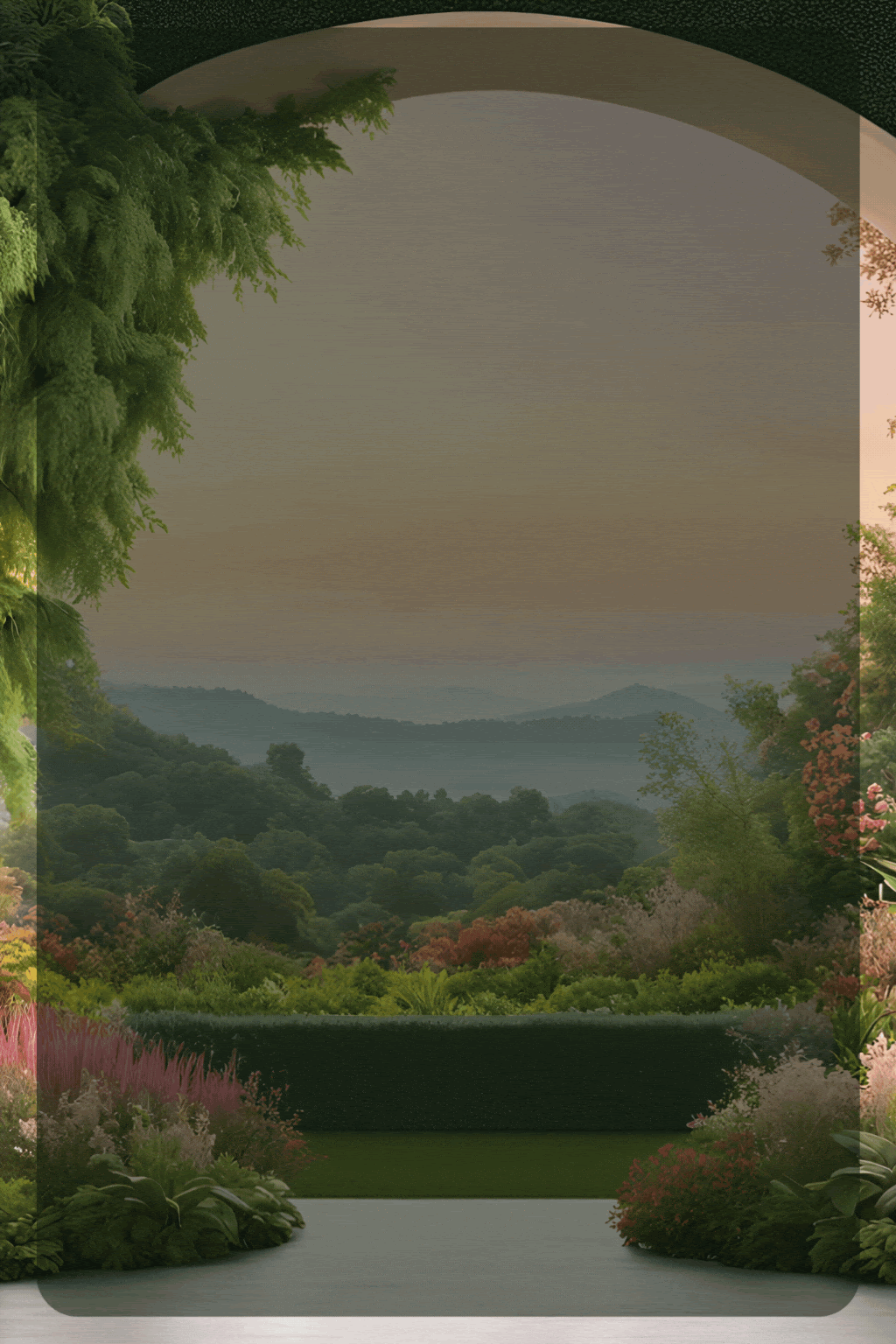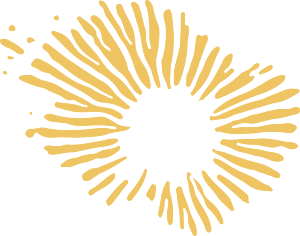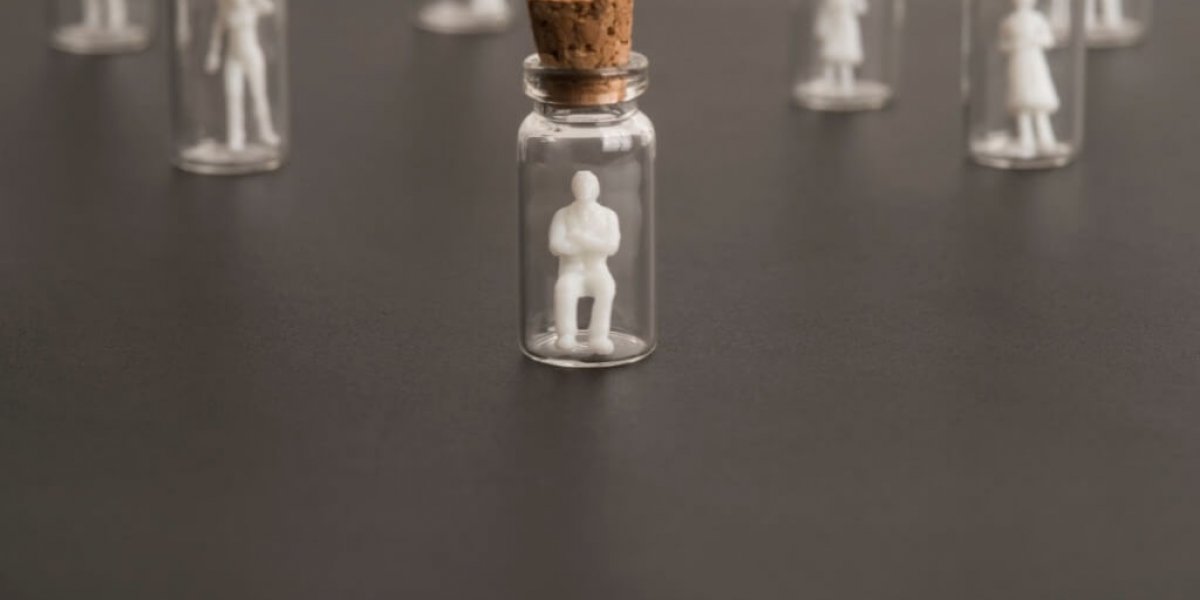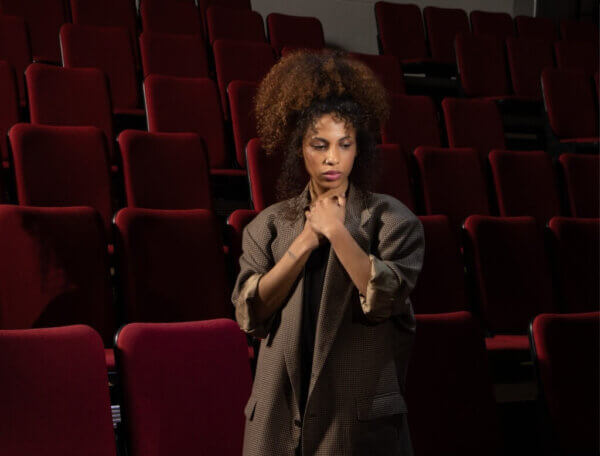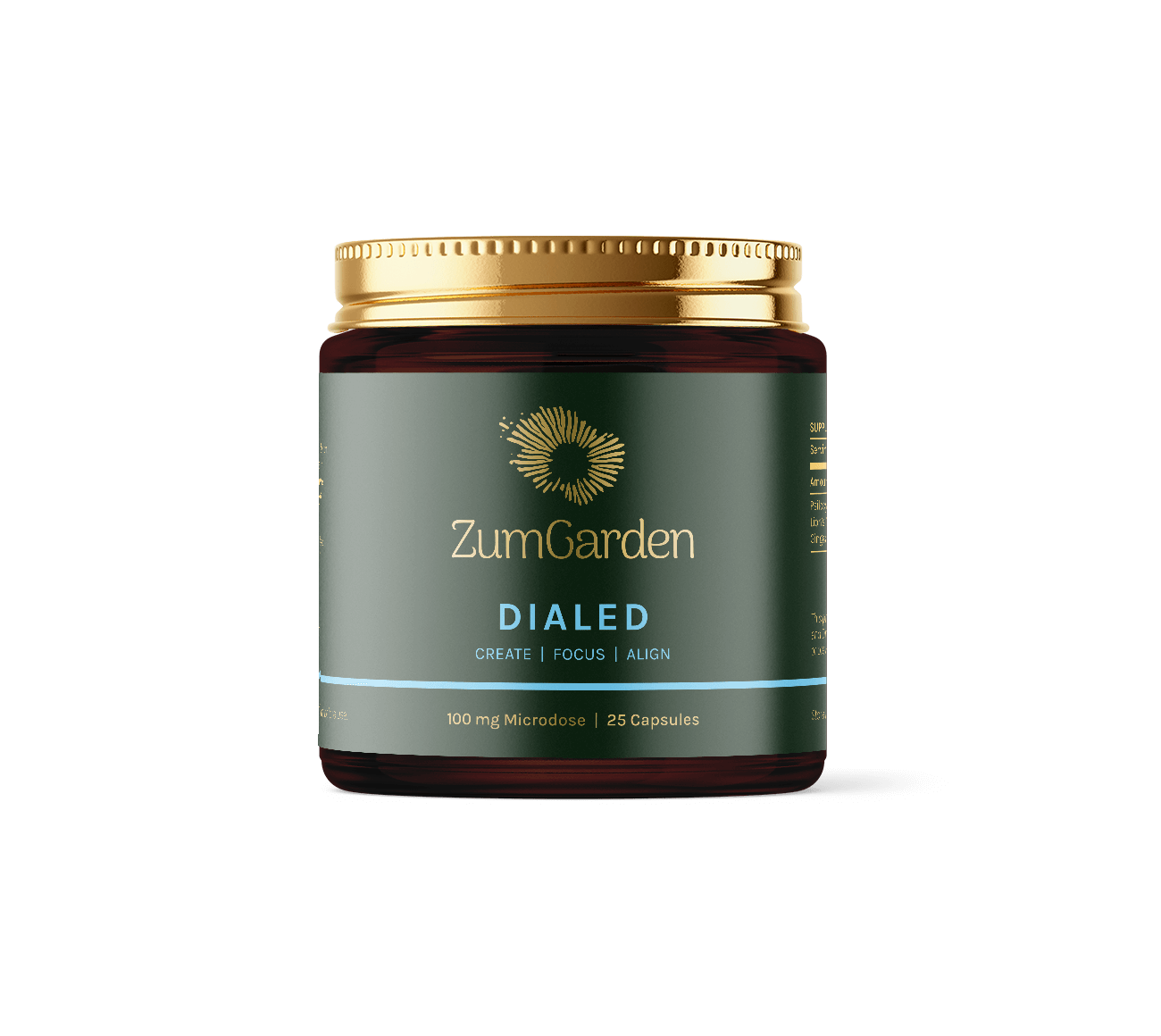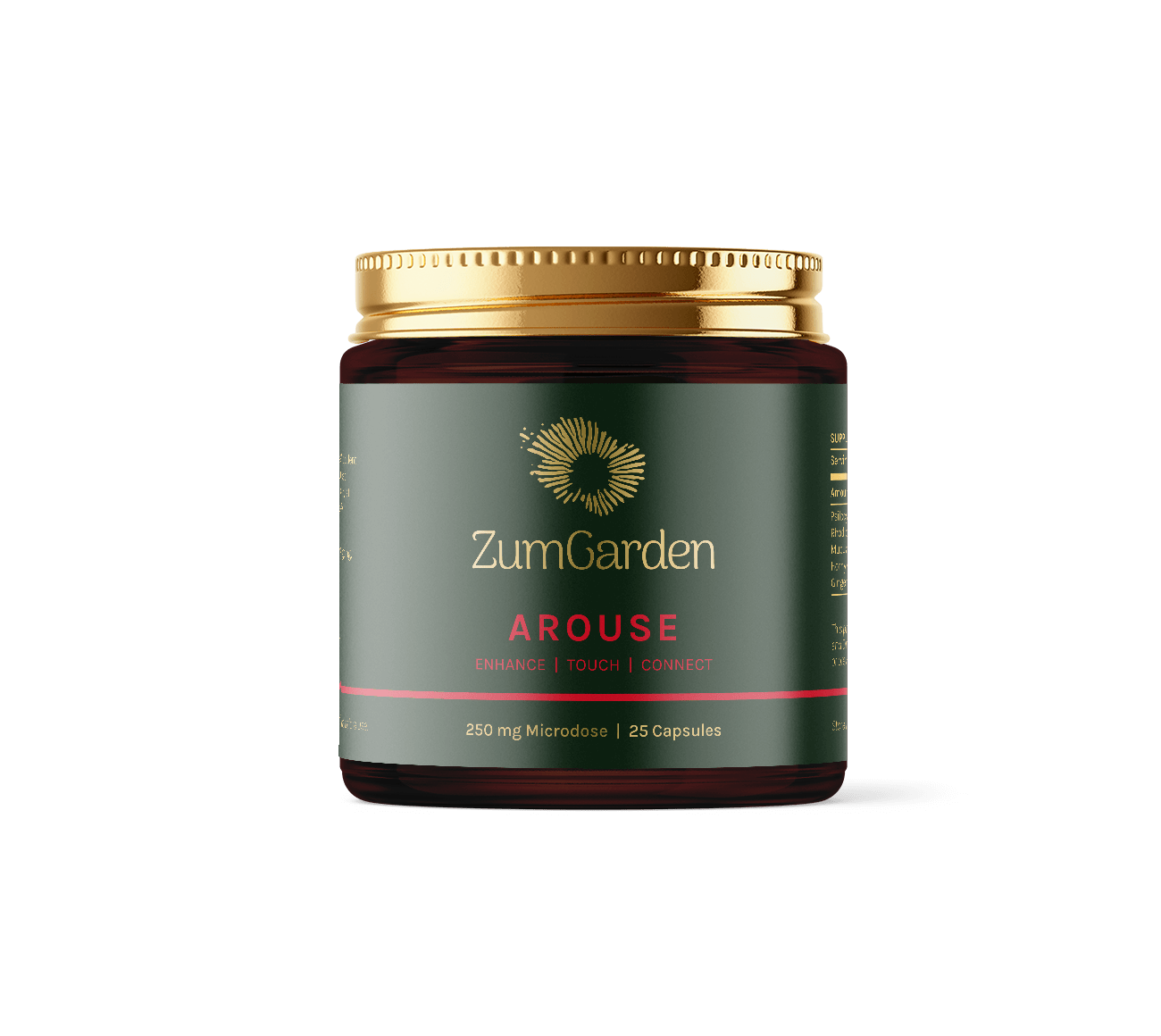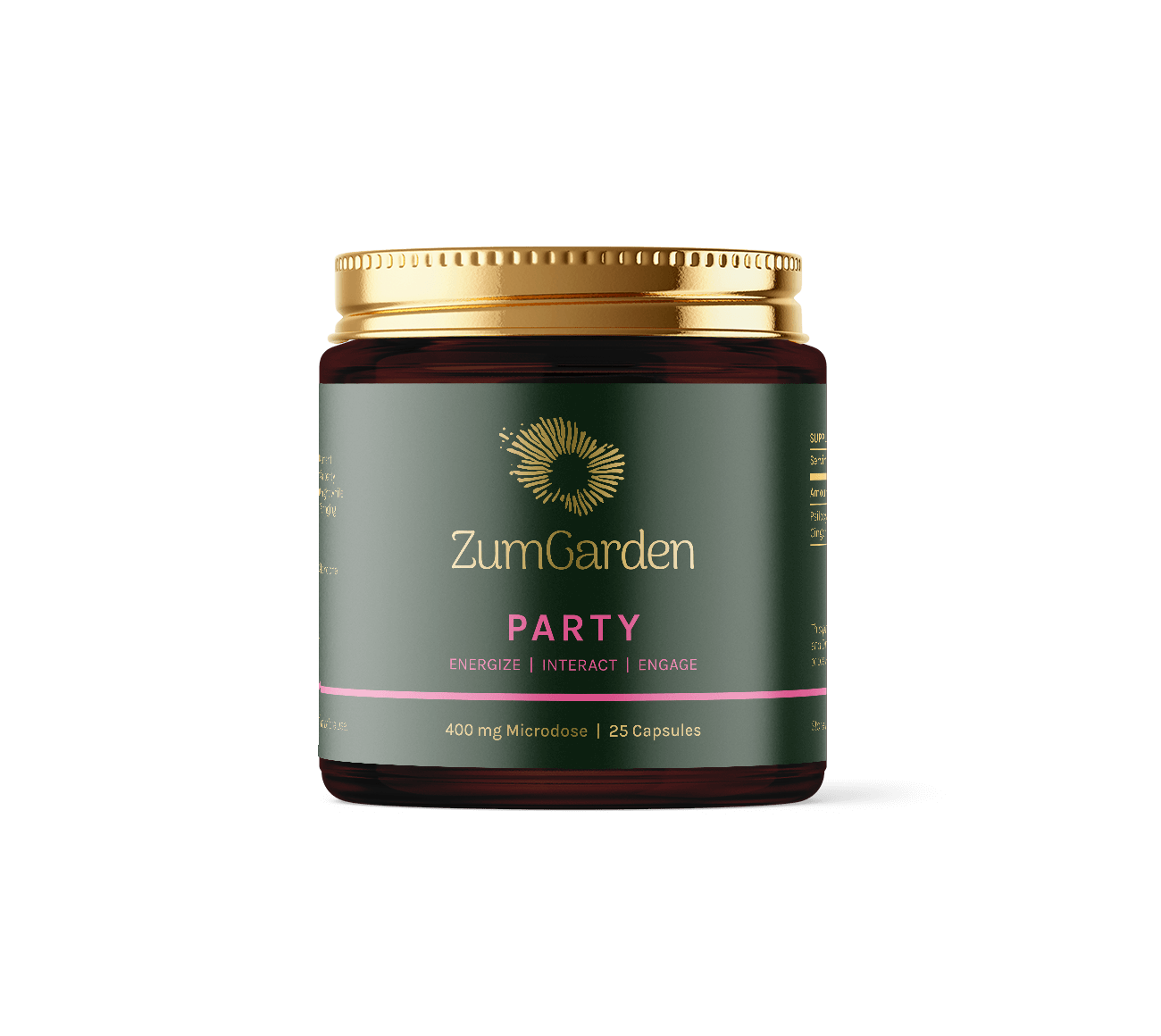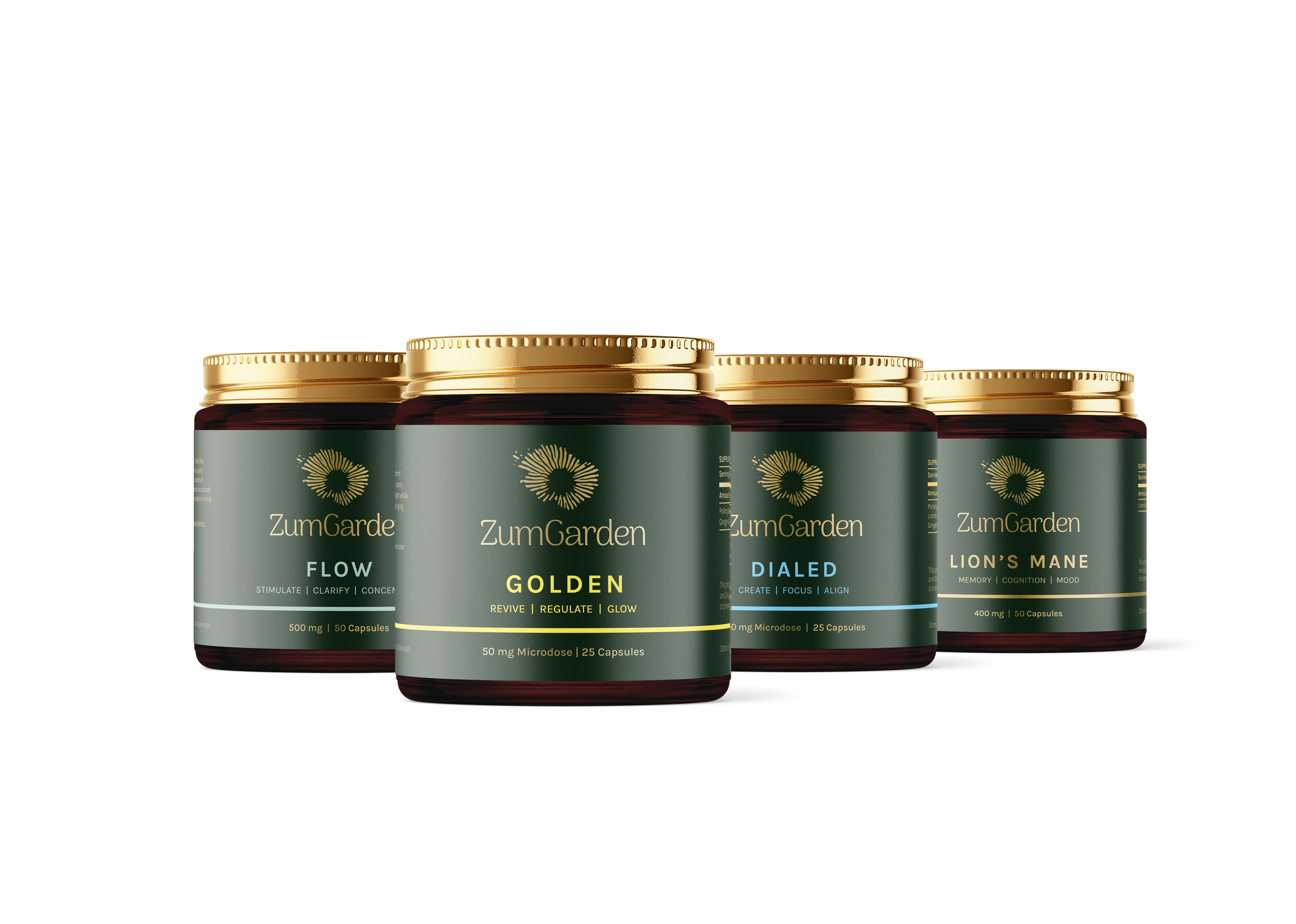The Loneliness Epidemic
In fact, some of the loneliest moments happen when you’re surrounded by others – sitting in meetings, at parties, even with family – but feeling like nobody really sees or understands you.
Modern loneliness isn’t about being physically alone. It’s about being emotionally disconnected.
We’re more “connected” than ever through technology, yet rates of loneliness and depression are skyrocketing. We have thousands of online friends but struggle to find one person who truly gets us.
Psilocybin often reveals something profound about human connection: the barrier between you and others isn’t external circumstances. It’s internal walls you’ve built to protect yourself from exactly what you most crave.

Why do we feel so alone when connection opportunities are everywhere?
Surface-level interactions: Most conversations stay at the level of weather, work, and weekend plans. We rarely risk sharing what we’re actually thinking or feeling.
Performance pressure: Social media teaches us to curate perfect lives, making authentic vulnerability feel dangerous.
Busy-ness culture: We’re too rushed and distracted to create space for meaningful connection.
Fear of judgment: We assume others will reject us if they see our real struggles and imperfections.
The result: we're surrounded by people but starving for genuine connection.
How Psilocybin Dissolves Connection Barriers
Microdosing often makes you realize how much you hold back in relationships:
You notice the walls you’ve built – the ways you edit yourself, hide your thoughts, or keep conversations safely superficial.
Common insights:
- "I'm so afraid of being judged that I never let anyone actually know me"
- "I'm lonely because I'm not being real with people"
- "Everyone else seems more confident, but maybe they're just as scared as I am"
- "Connection requires me to be vulnerable first"
Suddenly you realize: the cure for loneliness isn’t finding the right people. It’s showing up as yourself with the people already in your life.

Here's what stops most people from connecting:
You want to be accepted, so you hide the parts of yourself that feel unacceptable. But this creates a terrible bind: people can only love the version of you they can see.
If you’re always performing “fine,” people will relate to your performance, not to you.
The loneliness persists because the connection isn’t real – it’s based on a curated version of yourself that doesn’t include your actual inner world.
Try This: The Real Question Experiment
Instead of asking "How are you?" try these:
- "What's been on your mind lately?"
- "What's something you're excited about right now?"
- "What's been challenging for you recently?"
- "What's something you've been thinking about but haven't talked to anyone about?"
Most people are desperate for someone to ask them a real question and actually listen to the answer.
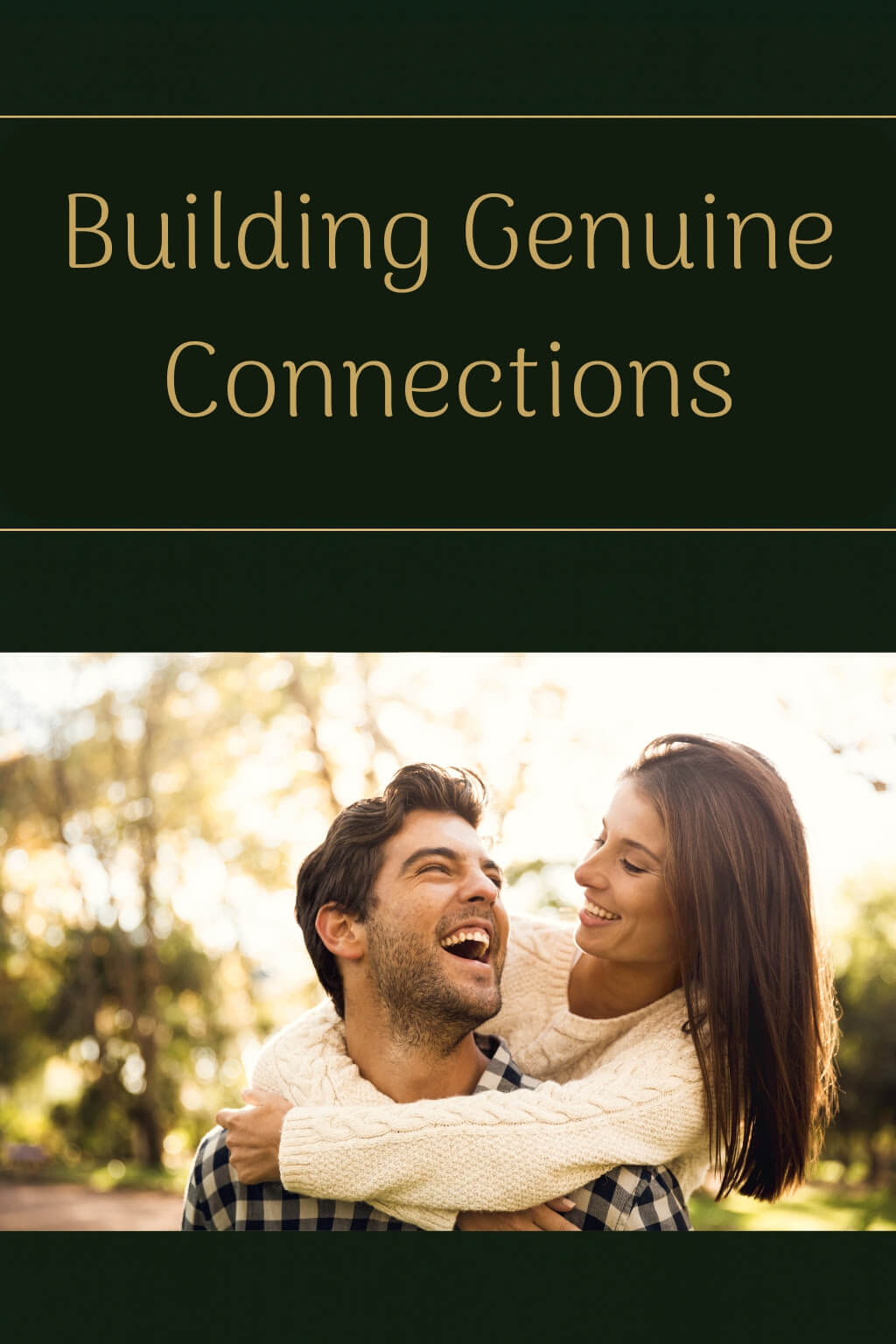
Real connection happens when you:
Share something true: Not necessarily deep or dramatic, just honest about your actual experience.
Ask genuine questions: Show curiosity about others’ inner worlds, not just their external circumstances
Listen without fixing: Sometimes people just want to be heard, not helped
Admit uncertainty: “I don’t know” and “I’m figuring it out too” create relatability.
Be present: Put away distractions and actually focus on the person in front of you.
Small moments of realness often matter more than grand gestures.
The Microdosing Advantage
Psilocybin doesn’t make you more social – it makes you more present and genuine in social situations.
- Small talk feels less satisfying, real conversation more appealing
- You worry less about others' judgments and focus more on connection
- You notice when you're performing vs when you're being authentic
- You become curious about others' inner experiences, not just their external presentations
You realize that everyone is dealing with something, and most people are just as hungry for real connection as you are.
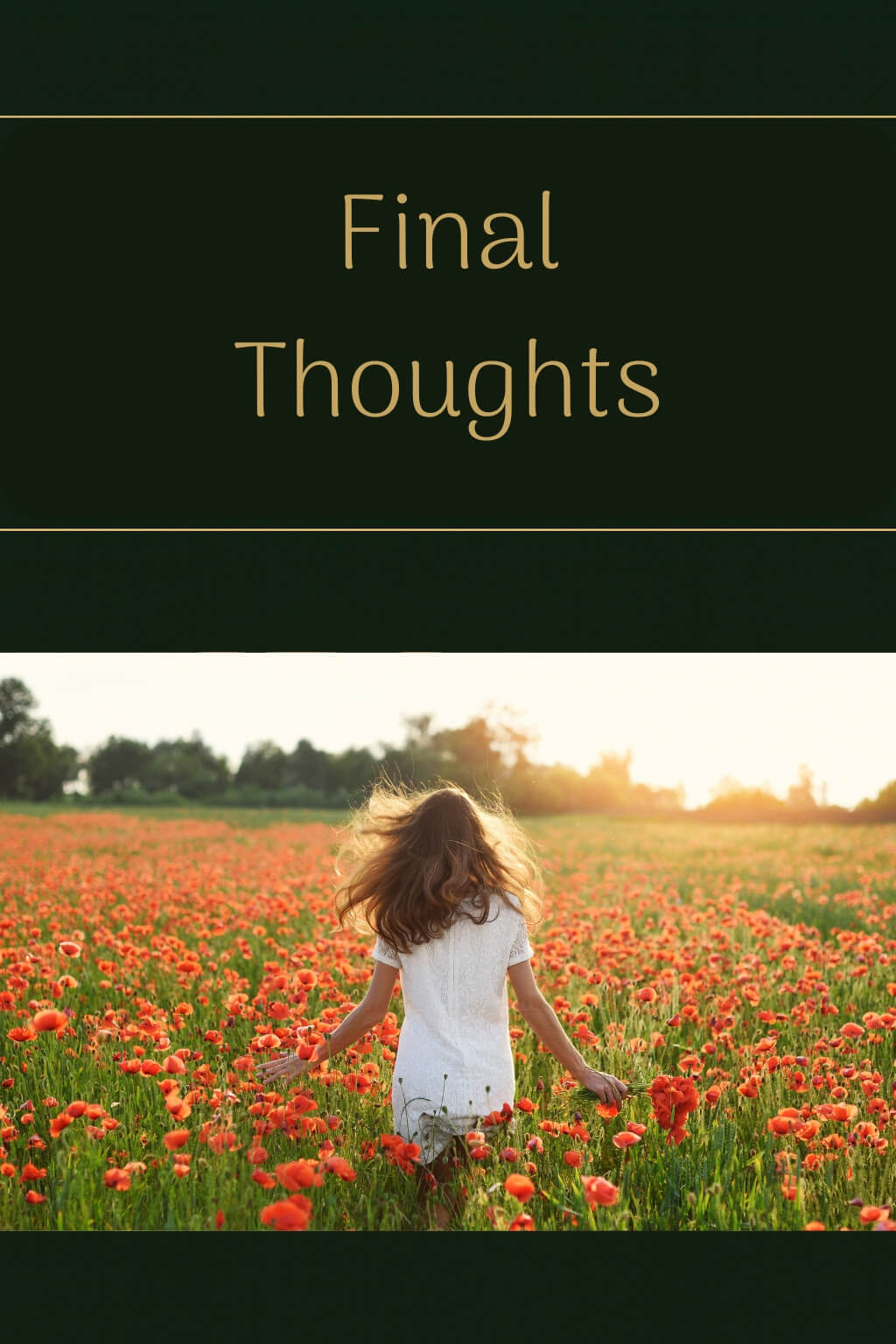
Loneliness is often a sign that you're not bringing your full self to relationships.
The cure isn't finding people who will accept a perfect version of you. It's finding the courage to be imperfect with the people already around you.
Connection is a skill that requires practice, vulnerability, and the willingness to be seen.
So…what would happen if you let one person see a little more of who you really are?
Until next time,
Mushie Media of the Week:
“Microdosing for Health – Future Now”
by: Jordan Gruber
